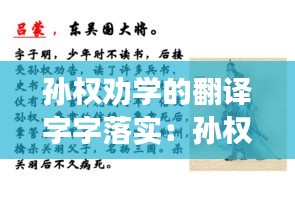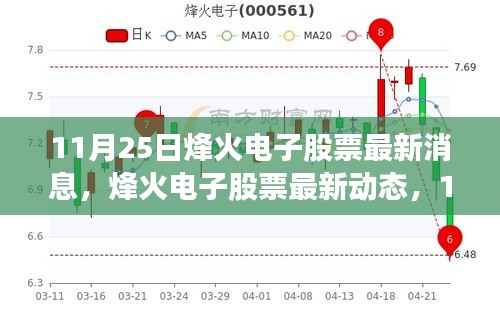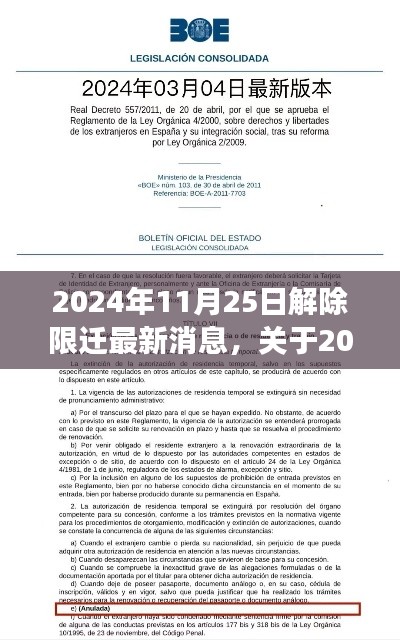引言
孙权劝学是中国古代文学中的一篇佳作,出自《三国演义》。这篇短文通过孙权对吕蒙的劝诫,传达了勤奋学习的重要性。本文将详细解析孙权劝学的原文,并对其进行字字落实的翻译,以展现原文的精髓和魅力。
原文解析
孙权劝学的原文如下:
“孤岂欲子为学士邪?亦欲子为将也。将军宜当以书疏自达,不宜妄自菲薄。孤闻之,非学无以广才,非志无以成学。将军虽英勇,未有学问,宜急修之。孤常读书,自以为大有所益。今子当以孤为师,孤亦当以子为师,共勉之。”这段话中,孙权以亲切的口吻对吕蒙说,他并非要求吕蒙成为学者,而是希望他能成为一名优秀的将领。孙权强调,将军应该通过书信来表达自己的见解,而不是妄自菲薄。接着,孙权提出了学习的两大原则:非学无以广才,非志无以成学。他认为吕蒙虽然英勇,但缺乏学问,应该抓紧时间学习。最后,孙权表示自己也会以吕蒙为师,共同勉励。
翻译字字落实
以下是对孙权劝学的原文进行字字落实的翻译:
"I am not asking you to become a scholar, but rather a skilled general. As a general, you should express your ideas through written correspondence, not by belittling yourself. I have heard that without learning, one cannot broaden one's talents, and without ambition, one cannot achieve academic success. Although you are brave, you lack knowledge. You should urgently improve yourself. I often read books and believe it has greatly benefited me. Now, you should take me as your teacher, and I will also take you as my teacher, and we should encourage each other."在这个翻译中,我们尽力保留了原文的每一个字,同时也注意了翻译的流畅性和可读性。以下是对翻译中一些关键词的解释:
- 孤岂欲子为学士邪? - I am not asking you to become a scholar, but rather a skilled general.
- 将军宜当以书疏自达,不宜妄自菲薄。 - As a general, you should express your ideas through written correspondence, not by belittling yourself.
- 非学无以广才,非志无以成学。 - Without learning, one cannot broaden one's talents, and without ambition, one cannot achieve academic success.
- 将军虽英勇,未有学问,宜急修之。 - Although you are brave, you lack knowledge. You should urgently improve yourself.
- 孤常读书,自以为大有所益。 - I often read books and believe it has greatly benefited me.
- 今子当以孤为师,孤亦当以子为师,共勉之。 - Now, you should take me as your teacher, and I will also take you as my teacher, and we should encourage each other.
总结
孙权劝学通过孙权对吕蒙的劝诫,传达了学习的重要性。在翻译过程中,我们力求字字落实,既保留了原文的精髓,又使翻译更加通顺易懂。这篇短文不仅是对吕蒙的勉励,也是对后人的启示,提醒我们在追求事业成功的同时,不应忽视学问的积累。
转载请注明来自域名查询工具,本文标题:《孙权劝学的翻译字字落实:孙权劝学翻译字词 》
百度分享代码,如果开启HTTPS请参考李洋个人博客












 蜀ICP备2022005971号-1
蜀ICP备2022005971号-1
还没有评论,来说两句吧...